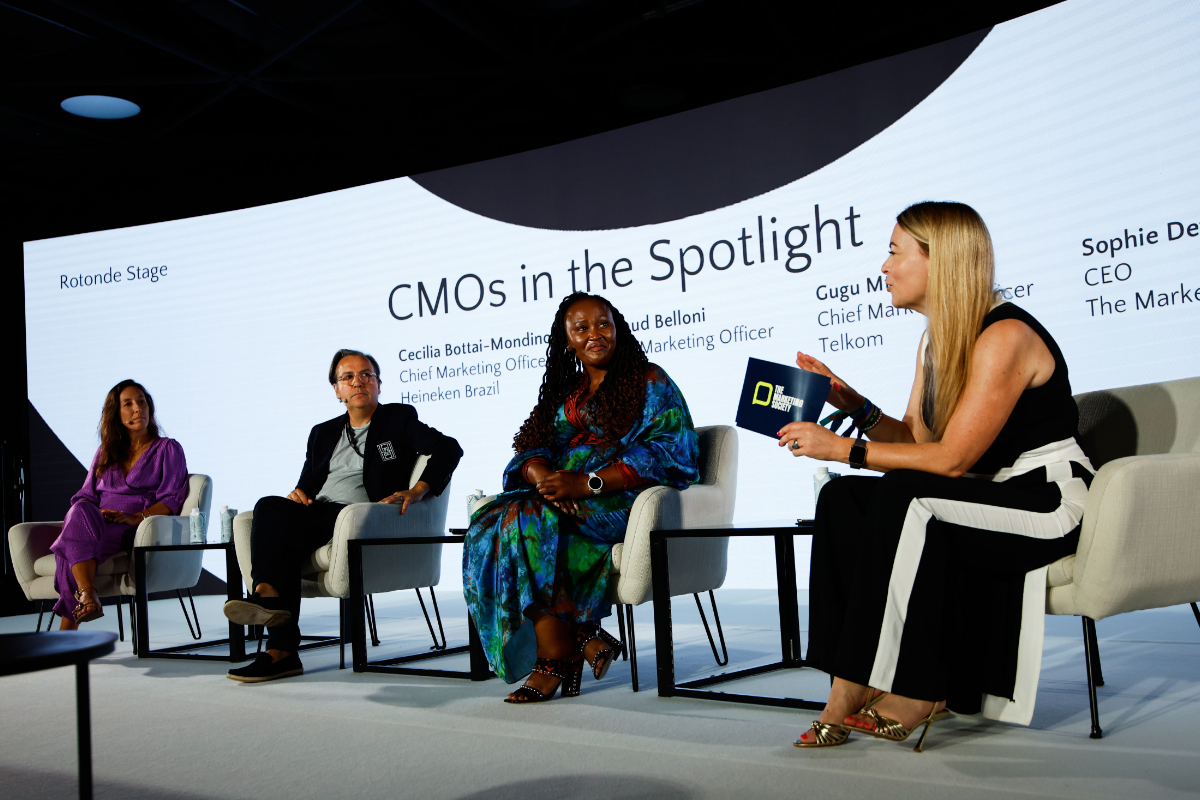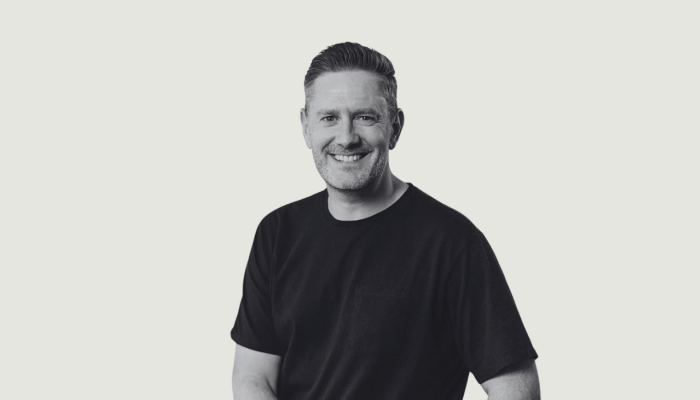Two compelling CMO panels at Cannes Lions 2025 hosted by our very own CEO Sophie Devonshire at the Rotonde Stage laid bare the very the complex reality of being a top marketing leader today.
The collective experiences of no less than six CMOs from a range of industries - tourism, financial services, FMCG, automotive, beverages, and telecommunications – shared remarkably consistent insights about the challenges and opportunities defining modern marketing leadership.
Here are a few of the key takeaways:
The Evolving CMO: From Marketing to Business Architecture
It’s been said many times already but the traditional CMO role has expanded way beyond marketing into more strategic business leadership. As Gugu Mthembu from Telkom explained,
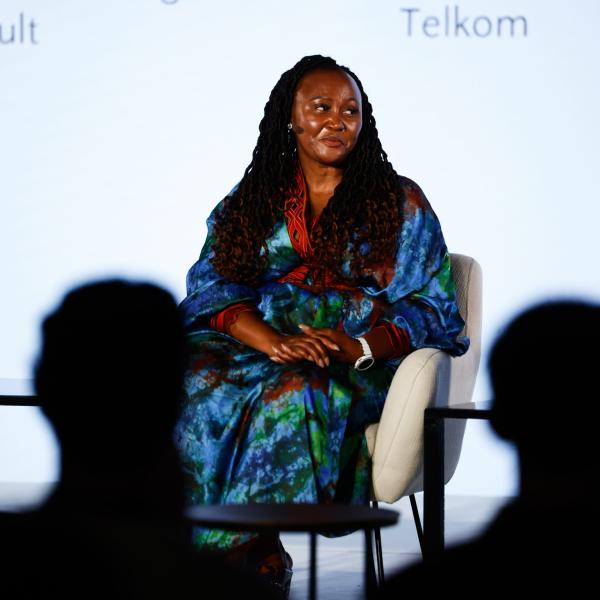
"Chief Marketing Officers are business architects... I'm responsible for product development, I'm responsible for data science, I'm responsible for customer experience."
Gugu Mthembu Telkom
This evolution means CMOs are now designing the strategy of the company for the next 2-5 years, They must be brand guardians, growth architects and culture catalysts - a huge expansion of responsibilities.
The Performance vs. Creativity Paradox
Perhaps the most striking theme across both events was the ongoing conflict between performance demands and creative excellence with CMOs facing pressure for short-term results while understanding it’s creativity drives long-term growth.
"Creativity is absolutely the greatest business lever to drive growth," said Mim Haysom from Suncorp, who demonstrated this by moving her company from no2 to no1 market share through creative strategy. But Cecilia Bottai-Mondino from Heineken Brazil suggested,
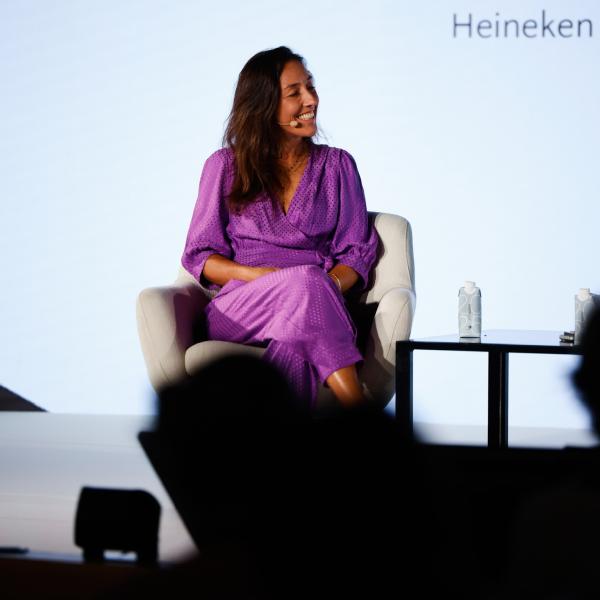
"The big risk of CMOs is that we get very quickly and always on performance mode... creativity doesn't try for performance mode. When you are thinking of the results, or you're thinking to achieve something, you're not open to listen to an idea. You're not open to collaborate and really listen to someone."
Cecilia Bottai-Mondino Heineken Brazil
Arnaud Belloni from Renault, with 35 years of experience, was emphatic: "If you don't get the right creative, the right brief, the right craft, the right idea, you're not existent at all."
Being the company magician
Modern CMOs are expected to be experts in so many things from culture and creativity to technology and AI, as Gugu neatly put it:
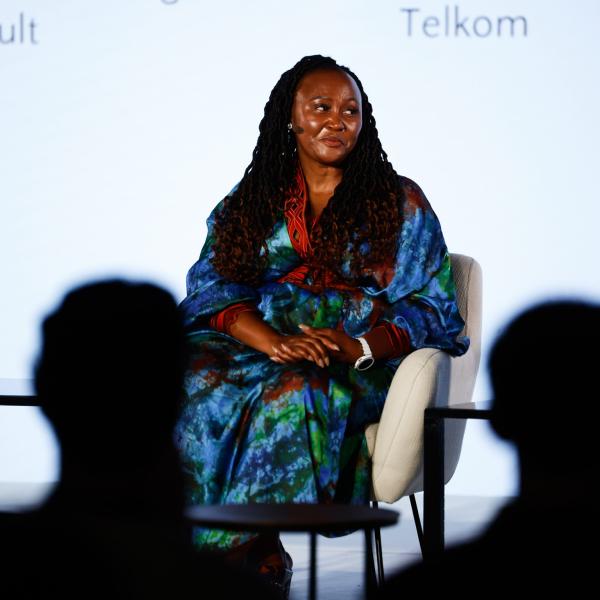
"We are expected to be magicians... We are expected to turn budgets into beliefs... and we're expected to know everything that's happening in culture and also tech and AI."
Gugu Mthembu Telkom
This huge breadth of expectations is creating unique pressures, particularly when combined with financial constraints that favour short-term thinking over brand building.
Authenticity Over Transformation
Maintaining brand authenticity rather than pursuing complete transformation also emerged as a key theme. Leandro Barreto from Unilever shared this insight from his 15 years with Dove: "The brand needs to change the way we show up, not who we are." The shift from "controlling to stewardship" means nurturing community conversations rather than dictating brand narratives - a fundamental change enabling legacy brands to stay present.
AI the Tool, Not the Replacement
Despite the AI revolution, all six CMOs agreed that human creativity is irreplaceable. "AI is not going to take everyone's jobs. AI is like Photoshop. It's a tool," said Mim, while Arnaud agreed,
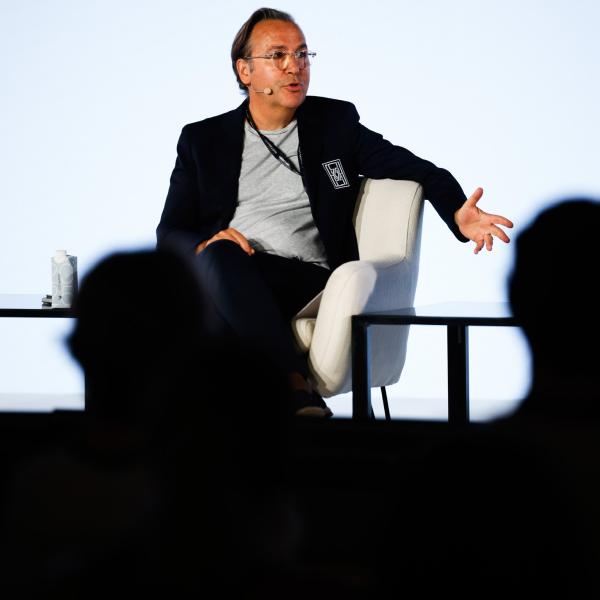
"AI is a tool. Data was a tool... but that's not the essence. The essence of the job is creativity."
Arnaud Belloni Renault
The practical impact is significant. Unilever now produces 2000 pieces of content weekly compared to dozens monthly but the human element remains central.
At the Core: Human Connection
When asked to define marketing's future in one word, the answers were telling:
• "Human connection" - Mim Haysom
• "Human" - Cecilia Bottai-Mondino
• "Transformative" - Gugu Mthembu
• "Creativity" - Arnaud Belloni
And Leandro summarised, "Marketing is mattering to people. And to do that, we need to check on creativity."
The Bottom Line
Despite technological advances and expanding responsibilities, successful CMOs today must balance creative courage with commercial rigor. Self-awareness, adaptability, and courage are key while being fearless collaborators who can speak the business language without losing sight of marketing's essentially human purpose.
The message from Cannes Lions 2025 is clear: while AI accelerates capabilities and data provides insights, the fundamental role of marketing remains to create authentic connections, drive culture and deliver meaningful business growth through creative excellence and human understanding.
